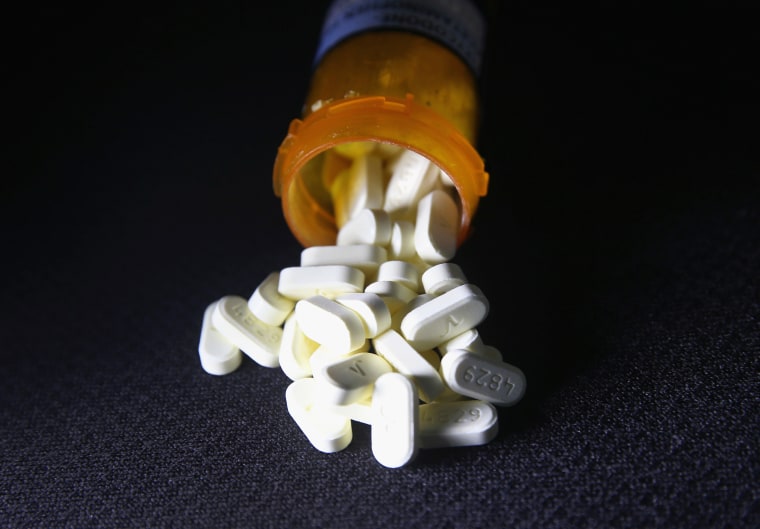The federal government will provide states nearly half a billion dollars for prevention and treatment programs aimed at confronting the opioid epidemic, which Health and Human Services Secretary Tom Price described Wednesday as a "crisis."
Price made the announcement at a drug prevention summit in Atlanta. The $485 million in grant money was contained in bipartisan legislation approved by Congress last year and signed by former President Barack Obama.

Price said another half-billion dollars in state grants will follow next year. He said states "know best what their communities need" and "have already been at the forefront of supporting prevention, treatment and recovery."
In 2015, more than 33,000 people fatally overdosed on opioids, including prescription drugs and heroin. According to the Centers for Disease Control and Prevention, no other year on record has seen a higher number. Nearly half of the deaths involved a prescription opioid.
Related: Trump Sets Up Opioid Commission
The grants are targeted at training for health professionals, technology and support for prescription drug monitoring programs that aim to prevent abuse and identify patients who may need help. Price said the grants also can be used to promote the use of overdose-reducing drugs such as naloxone.
Price said the Trump administration has a five-part strategy on opioids: improved access to treatment and recovery services; making overdose-reversing drugs more widely available; stepped-up public health surveillance of the epidemic; support for research on pain and addiction; and promoting better ways to help patients manage pain.
Price, a physician, said he also wants to review payments, prescribing guidelines and other processes overseen by Health and Human Services to ensure "that we are not pushing doctors toward quick fixes that risk lives."
Related: Nearly 12,000 Kids Poisoned by Opioids Each Year
Price said a focus on managing patients' pain combined with a misunderstanding of opioids' risk encouraged many doctors to prescribe the drugs even if they weren't necessary.
"There is no question that this overreach helped create the problem we have today, and that ending this epidemic requires going back to its roots," he said.